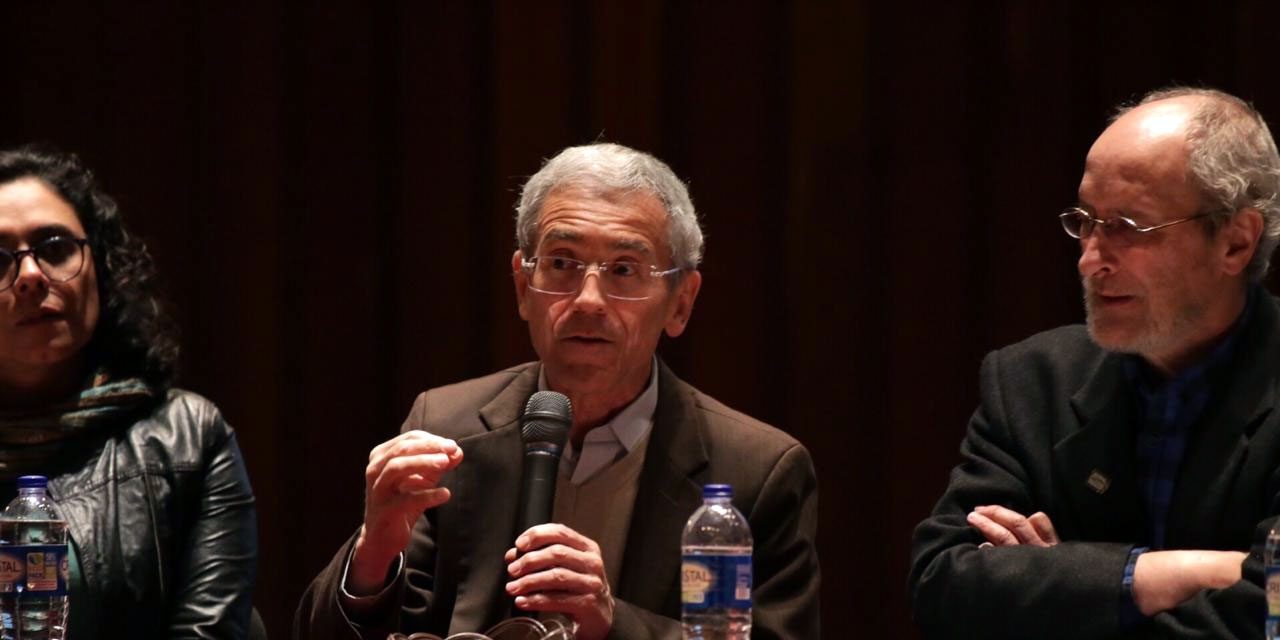The president of Colombia’s Truth Commission on Wednesday appeared unimpressed by the army’s reported strategy to influence his commission’s establish the truth about the armed conflict, saying this is “normal.”
Father Francisco de Roux said he agreed with Defense Minister and Armed Forces commander General Luis Fernando Navarro, who defended the military’s right to defend its role in Colombia’s decades-long armed conflict.
In an interview with radio station Blu, De Roux said that “the Army wants to have an institutional view of what they consider to be the truth of what happened to them in the conflict,” adding that “this seems normal to us.”
Truth Commission president Francisco de Roux
De Roux added that his commission’s job is to “compare this with other opinions and other points of view, but the participation [to the contribution] of truth requires this kind of rigor.”
Spanish newspaper El Pais on Tuesday published parts of the instruction of National Army commander Nicasio Martinez that sought to have a “coordinated version” of events that occurred during the armed conflict.
Post-war psy-ops in Colombia: How army seeks to bend the truth over armed conflict
Truth Commission president Francisco de Roux
The army document sought to coordinate soldiers’ individual contributions to the Truth Commission and the army’s institutional contribution through the provision of statistics and academic papers that tell a narrative that is most convenient for the army that, like all other armed actors, took part in the mass violation of human rights during the conflict.
In order to achieve this, Martinez’ strategy is to highlight crimes committed against soldiers, the institution’s social actions and and crimes committed by their former enemy, the FARC.
The truth commission will spend the coming two years talking to victims and armed actors in order to present a report that seeks to contribute to the historical understanding of why the armed conflict took place, what crimes were committed and how more than 8.5 million people ended up being victimized.


